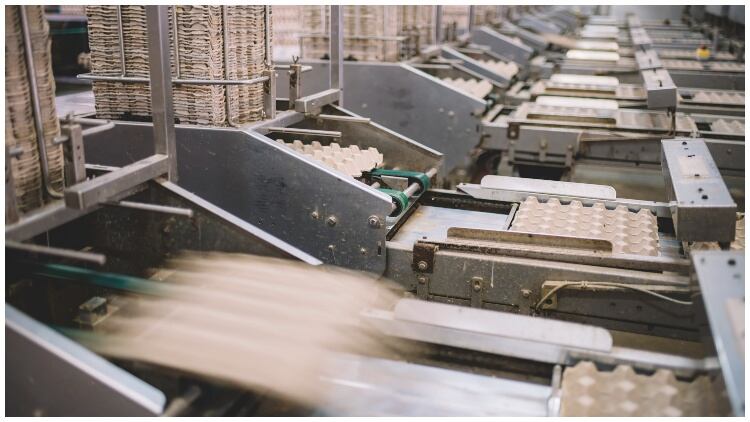This was the claim of AberInnovation chief executive Rhian Hayward at a recent event held by the Welsh innovation campus that marked the end of EU funding and the start of a new era of public and private support.
The event identified a wealth of opportunities for unlocking research to deliver new products and services to the sector, but investment locally would be key to fuelling enterprise and innovation going forward.
Want the industry wants
Hayward said the focus was on the projects that food and farming industries want.
Speaking at the event, professor Iain Donnison, head of the Institute of Biological, Environmental & Rural Sciences, noted that products containing functional ingredients that promote their nutritional value or that remove the salt without taking away the flavour were a strong example of research focus at the moment.
Hayward continued: “There is also important work being undertaken in eliminating waste at every stage of the supply chain, or finding new uses for what was previously waste.
Areas of focus
“These are all areas of focus as climate change and sustainability and addressing cost-of-living pressures come back to pairing food supply chain businesses and entrepreneurs with the chance to test their ideas and their scalability.”
“It takes the kind of world-class facilities that we can offer here at AberInnovation to bring the experts and infrastructure together and we’ve got the opportunity to lead the way. We’re calling on food and drink and agri-tech organisations working in industry to engage with us.”
Meanwhile, despite headwinds, food and beverage brands are spending more in new production development and contract manufacturing, and keen to embrace automation to relieve stress following historic global supply chain challenges.




